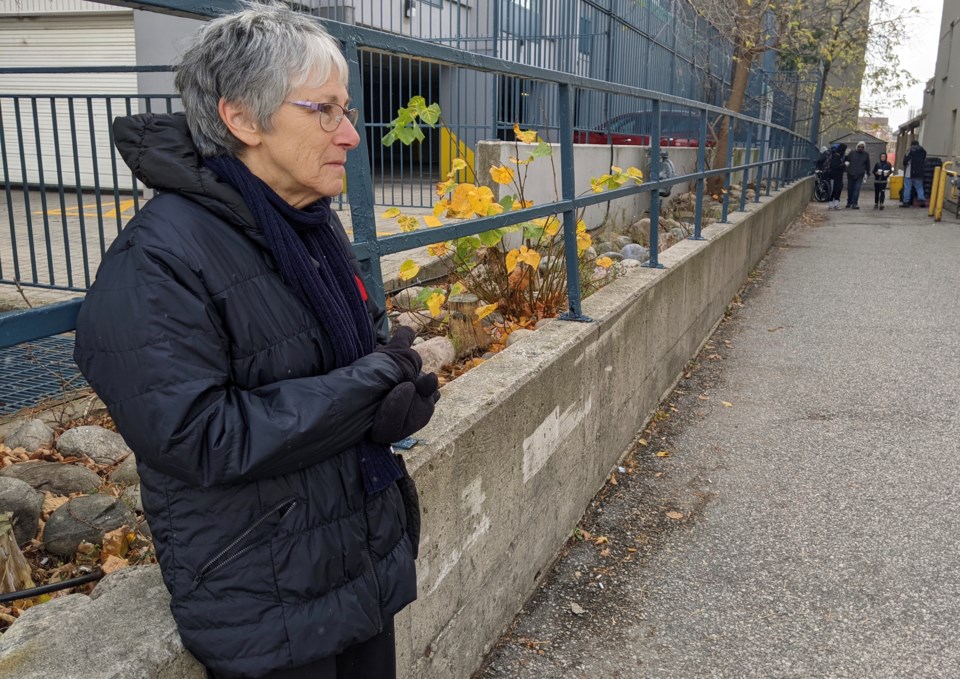Affordable housing is a real need in Barrie, but one without a definition that always works.
Carolyn Boyer, a downtown resident and advocate for the homeless, wants to know who gets help and how.
“Will any of these new homes be affordable for Barrie's folks who are on ODSP, disabled in mind and body, first-time buyers who make minimum wage, the elderly on retirement income?” she asks. “Please, don't always make it about the money. Please let Barrie be known for caring for those who need housing support, a community who values human life and each one's welfare.
“I’m really bothered when I hear, read the words ‘affordable housing’ — knowing how relative those words are and then knowing that most folks, developers, city councils, politicians, aren’t even considering those with no income because of many disabilities, mental, physical … we house even criminals, but not the sick and aged and ignorant of mind, spirit, body.”
Affordable housing is best described as a range of housing types allowing families and individuals, of all income levels, to find suitable places to live without spending a disproportionate percentage of their income on a roof over their heads. It can include ownership, rental or subsidized housing.
The City of Barrie defines affordable rental housing as a unit for which the rent doesn’t exceed 30 per cent of the gross annual household income for low- to moderate-income households. That income is based upon the most recent Canada Census statistics for Barrie, which is updated every five years.
It’s not all so black and white as homeowners and those who rent, however.
There’s supportive housing, a combination of affordable housing with intensive and "trauma-informed," co-ordinated services to help people struggling with chronic physical and mental health issues, so they can maintain stable housing and receive appropriate health care.
But the need is great and growing, by all accounts.
As of April 19, 2024, the County of Simcoe said it was aware of 1,217 people who were homeless.
Approximately 600 of these individuals were in Barrie — unhoused and living in various situations that may include shelters, couch-surfing or in a vehicle, and without a home address.
How do people end up in these situations?
“I listen to horror stories regarding absent and abusive landlords,” Boyer said. “'Tis not easy supporting those who have limited housekeeping skills, for sure, but being negative, critical and mean makes situations worse. It’s no-win for anyone except maybe the tax write-off for a wealthy owner.
“Getting to know actual folks living rough and gaining their trust is well worth the effort. Then ‘those people’ become human beings worth the effort for care.”




